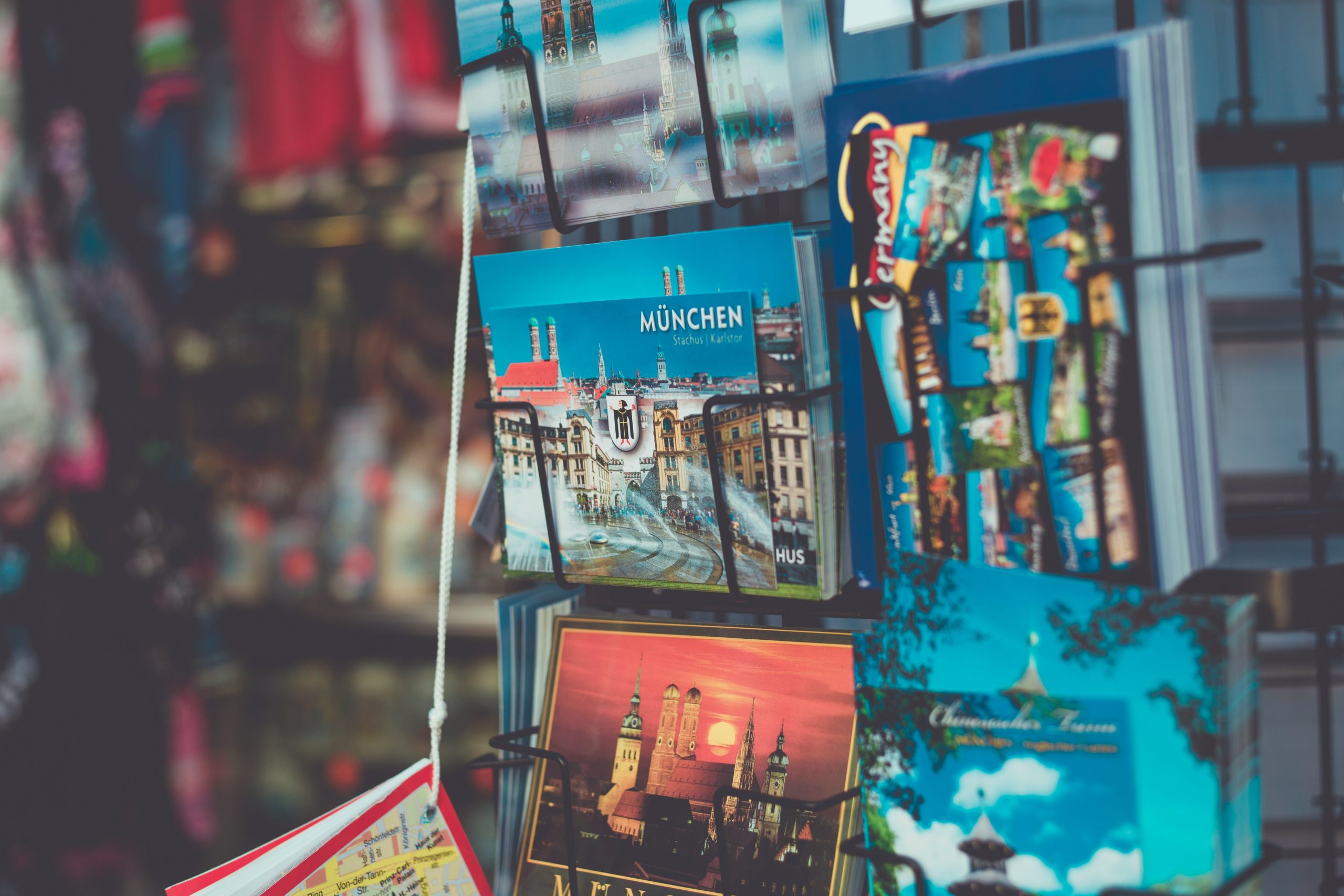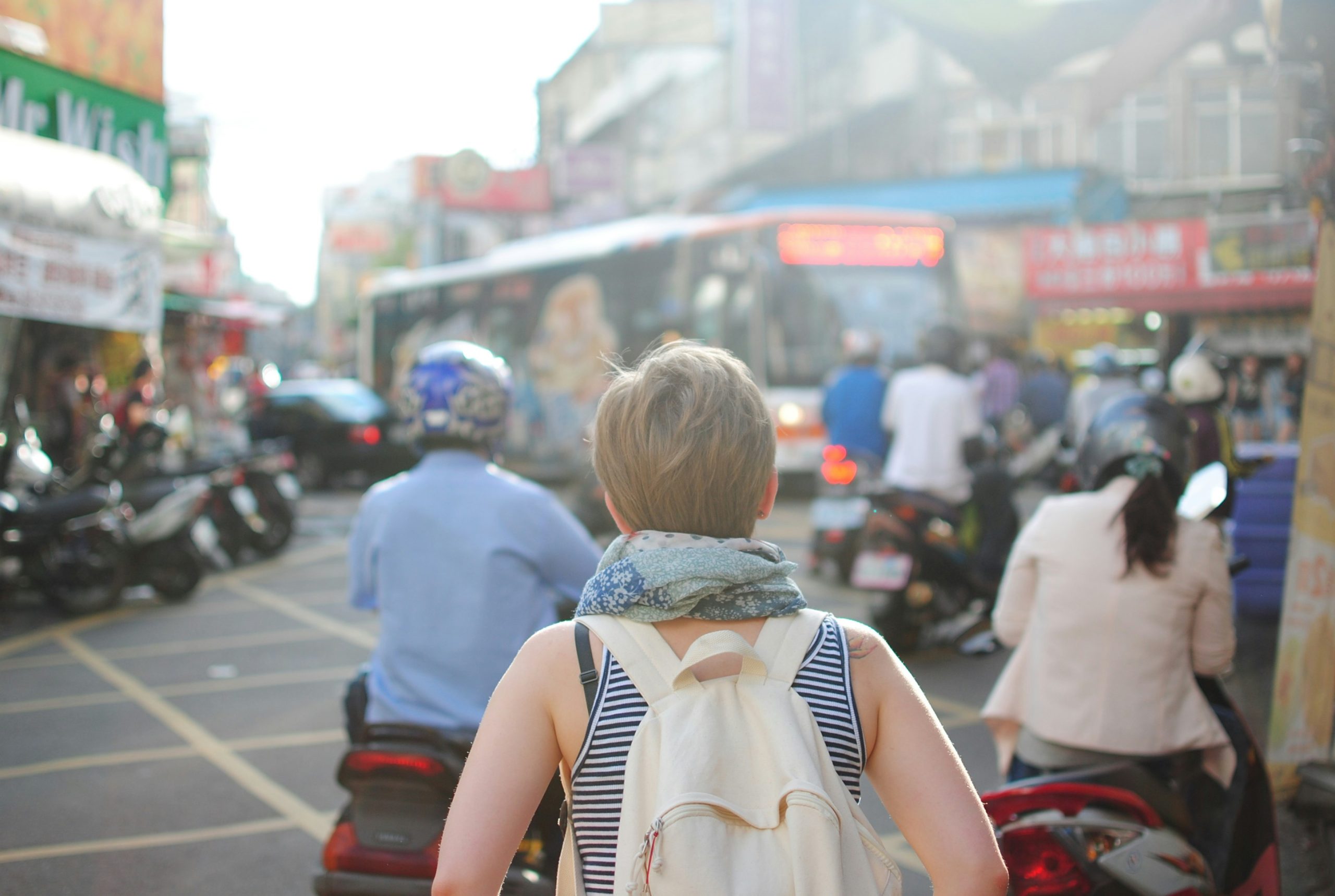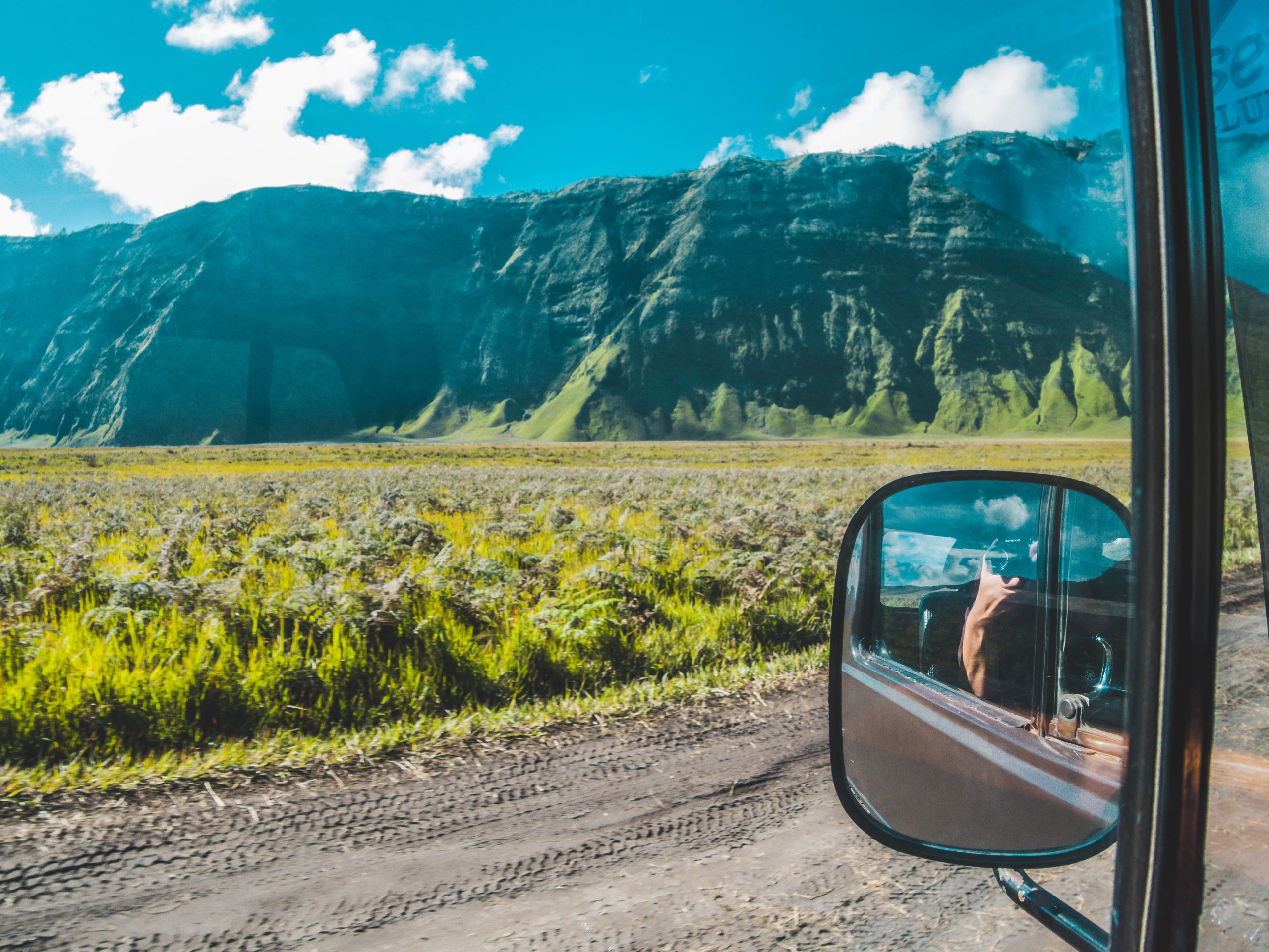Emerging Destinations for Adventure Tourism in 2024
Tourism is an activity with reciprocal benefits for both the visitor and the destination country. According to Statista, the tourism industry is responsible for creating over 290 million jobs, both direct and indirect. Despite being affected globally by the Covid-19 pandemic, the sector's recovery has surpassed predictions. According to the UN World Tourism Organization, considering 2023 data, international tourism is expected to reach pre-pandemic levels in 2024, attributed to market recovery. Top Destinations Among the most popular regions, Europe leads as the most visited destination, followed by the Middle East and Asia Pacific. Based on these findings, I want to share the countries emerging as adventure tourism destinations in 2024, according to the latest rankings. As mentioned earlier, Europe continues to lead as the most visited continent, with France topping the list. France receives up to 77.5 million travelers annually, according to National Geographic. Besides the famous city of love, Paris, France offers diverse attractions with its historical, artistic, and cultural heritage. Following France is Spain, which stands out for its diversity in monuments, culture, and gastronomy, along with its coasts, beaches, and fishing villages. In Latin America, Mexico is emerging as a growing destination. According to Forbes, by February 2024, international tourism in Mexico
Exploring the Travel Habits of Generation Z and Millennials
Imagine closing your eyes and upon opening them, you find yourself planning your next adventure. This isn't just a fleeting desire, but a reflection of a lifestyle that's gaining momentum among younger generations. Today, Generation Z and Millennials are redefining what it means to travel, infusing their values, preferences, and technology into the heart of their travel experiences. This article offers a detailed look at these emerging habits, starting from the travel behaviors and preferences of these generations. One of the most notable characteristics of Generation Z and Millennials is their focus on frequent travel, prioritizing experiences and adventures over the accumulation of material goods. This inclination reflects a broader desire to live fully and collect moments instead of objects. Sustainability: A Key Factor Sustainability, as in other sectors, is a critical element in the decisions of Generation Z and Millennials. These generations prefer brands and companies that demonstrate a genuine commitment to sustainability and social responsibility. According to an article in Conciencia Eco, Generation Z has shown a strong commitment to the environment and social change, even influencing the consumption decisions of previous generations towards more sustainable options. A global study indicates that 85% of consumers have changed their purchasing habits in favor
Travel Trends 2024
The world of tourism is like a canvas constantly evolving, with each passing year bringing new strokes of experiences and destinations. After dissecting the travel trends unveiled by Amadeus, a leader in the travel industry, this article takes pleasure in highlighting the trends that will shape the tourism landscape in 2024. Generative Artificial Intelligence (GAI) at the heart of the travel experience Generative Artificial Intelligence (GAI) is gaining ground in the tourism sector in 2024, translating into more personalized and efficient travel experiences. Instead of relying on filters on search sites, travelers can now interact with GAI-based chatbots, such as Expedia's new ChatGPT plugin. Acting as a virtual travel assistant, it provides instant hotel recommendations and itineraries with links for booking. This evolution in travel planning offers a more intuitive and personalized experience for consumers. The rise of music tourism After the social isolation of the pandemic, music has become a powerful medium of connection. Music tourism is experiencing a surge, with artists like Coldplay and Taylor Swift leading the charge. The connection between musical events and the increase in flight searches and bookings is evident. For example, Coldplay's announced concerts in Romania and Greece for 2024 had a significant impact on flight searches
The Christmas Travel Experiences That Travelers Seek
In the dynamic travel industry, trends constantly shift and evolve. According to Airbnb, the most sought-after destinations for this year-end holiday season offer a fascinating insight into the preferences of Latin American and global travelers alike. From tropical getaways to urban explorations, let's delve into some of the standout trends. Dreamy destinations: from Osaka to Rio de Janeiro This winter, travelers' attention is drawn to dreamy destinations in Asia-Pacific and South America. Cities like Osaka, Japan, and Rio de Janeiro, Brazil, are capturing the interest of those seeking unique experiences. The easing of restrictions in Japan has put Osaka on the map, while Rio de Janeiro continues to shine as a South American gem. Moreover, the variety of destinations such as Hanover, Germany, and Muang Pattaya, Thailand, highlights the diversity of modern travelers' preferences. This phenomenon reflects the growing openness to explore unconventional destinations and immerse oneself in new cultures. Families on the move: Tokyo, Rio de Janeiro, and more This year, adventurous families are ready to explore from the vibrant streets of Tokyo to the sunny beaches of the Bahamas. Destinations like Rio de Janeiro and São Paulo in Brazil, along with Crucecita in Mexico, have captured the attention of those seeking both cultural
Wellness is the new luxury in hotels
We live in an era where the awareness of well-being and health has become a guiding light in our daily decisions, and the COVID-19 pandemic, with its undeniable influence, has acted as a catalyst in how we perceive and value these aspects in our everyday lives, even influencing our choices when planning trips or vacations. According to a report by Grand View Research, the global wellness tourism market reached a value of $814.6 billion in 2022, with a projected steady annual growth of 12.42% from 2023 to 2030. Furthermore, the Wellness Tourism Market Outlook from Fact MR predicts this market to reach $2.3 trillion by the end of 2033, starting from $880 billion in 2023. Beyond the COVID-19 pandemic, social media plays a pivotal role in the evolution of this ongoing trend towards well-being. Influencers, well-known figures, and enthusiasts worldwide share their experiences in yoga, meditation, healthy eating, and self-care during their vacations, directly influencing travelers' expectations and reshaping not only what we expect from the destinations we visit but also what we demand from hotels. Just over a fifth (21%) of global travelers are currently traveling for health and wellness reasons, according to a 2022 Travel Trends study conducted by the luxury
The evolution of boutique hotels: personalized and exclusive experiences
In a world where hospitality and comfort converge with individuality and exclusivity, boutique hotels have emerged as beacons of light in the modern hotel industry. According to a report from the Statista Research Department, the boutique hotel market in the United States experienced a significant recovery, projecting to reach $23.18 billion in 2022. This resurgence is even more remarkable considering the decline in 2020 due to the COVID-19 pandemic and subsequent reduction in travel. In 2021, the boutique hotel sector in the United States hosted a total of 3,797 companies, a significant increase from the 3,352 the previous year. Optimistic projections anticipated that the number would reach 4,487 in 2022, demonstrating continued confidence in the potential and sustained demand for these unique and personalized experiences. The evolution of the market size not only reflects an impressive recovery but also a consistent growth in the number of sector companies over the last decade. The Impact of Boutique Hotels on the Hotel Industry The influence of boutique hotels on the hotel industry cannot be underestimated. These distinctive establishments have introduced a revolutionary approach that highlights individuality and personalized attention. While traditional hotel chains offer a uniform experience, boutique hotels stand out for their distinctive character and






